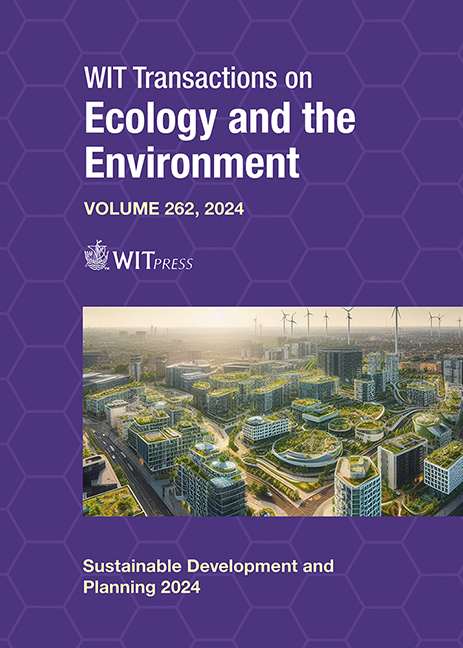STAKEHOLDERS’ ENGAGEMENT TO STRENGTHEN THE SANCTIONING PROCESS IN THE MINING LEGISLATION OF ECUADOR
Price
Free (open access)
Transaction
Volume
262
Pages
11
Page Range
69 - 79
Published
2024
Paper DOI
10.2495/SDP240061
Copyright
Author(s)
MAURICIO MURILLO, YAJAIRA ANDRADE TORRES, FERNANDO MORANTE-CARBALLO, MARIBEL AGUILAR-AGUILAR, PAÚL CARRIÓN-MERO
Abstract
The effective application of the mining legal framework in Ecuador is a challenge today, where, in recent years, there has been a proliferation of illegal mining activities, with few successful sanctioning processes. The objective of this study is to identify the political-administrative gaps in the country’s mining legislation through a documentary review and analysis of current laws and regulations, integrated with a strengths, weaknesses, opportunities, and threats (SWOT) analysis through a focus group of experts and stakeholders to define strategies to strengthen the existing legal framework. The methodological approach used included: (i) an analysis of the current mining legal framework; (ii) a SWOT analysis through a focus group; and (iii) a strategy plan for the mining legislative framework. The results generally reflect a legal framework with critical areas that require attention to ensure effectiveness within sanctioning processes. According to the SWOT analysis, the main strategies are focused on the environmental and social axes, which include mining law reform to establish a procedure to sanction those who commit crimes in the exploitation of non-renewable natural resources. Additionally, a public state policy should be implemented so that ministries work in a coordinated manner to control and regulate illegal mining. This study offers a comprehensive and critical view of the mining sanctioning process in Ecuador as a basis for decision makers related to political reforms promoting sustainable mining management.
Keywords
public policies, mining regulation, natural resource management, mining regulations, responsible mining





